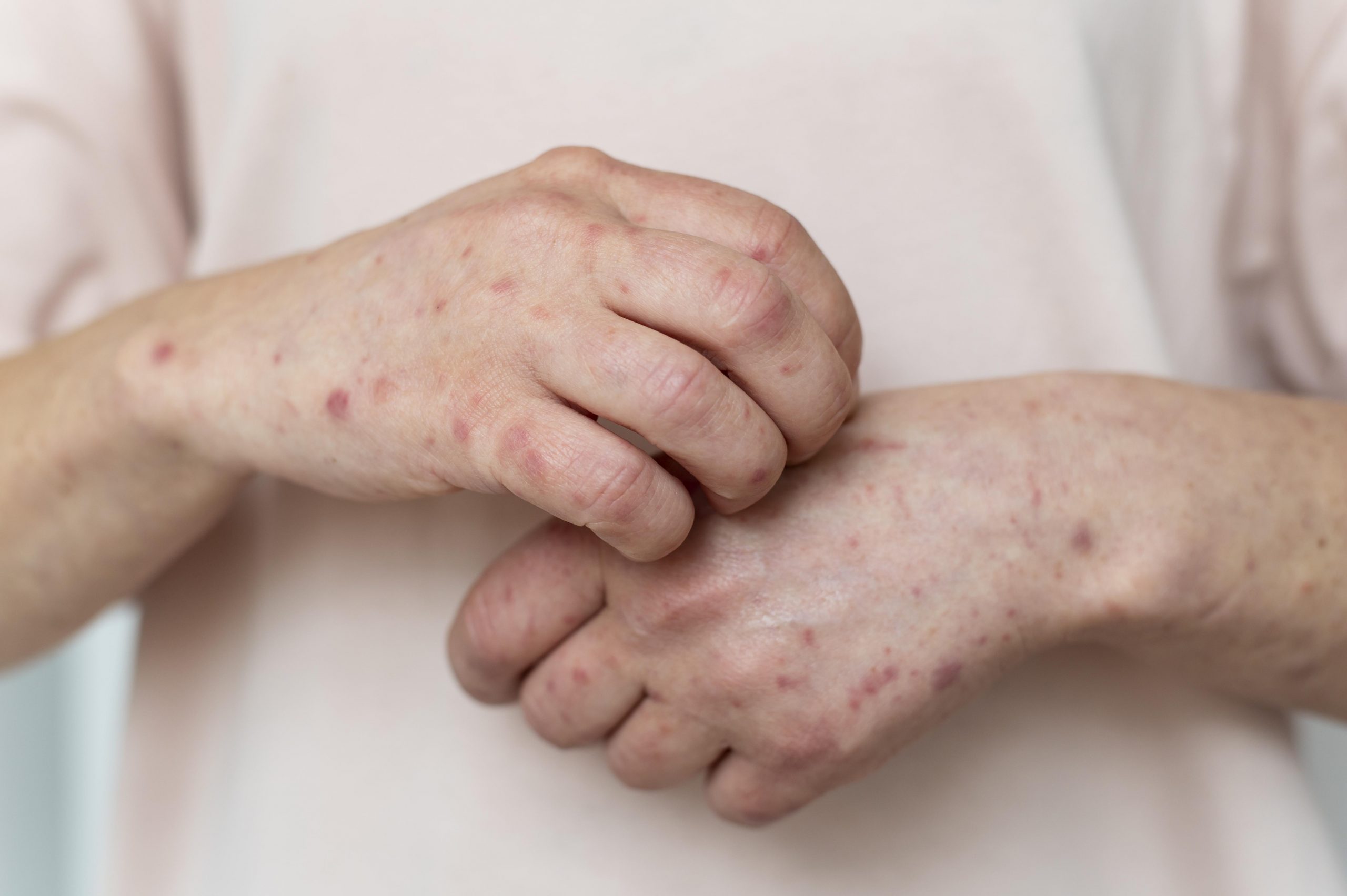

New research from the Institute of Psychiatry, Psychology, and Neuroscience (IoPPN) at King’s College London, led by Dr Louise Smith and Professor James Rubin, and conducted in collaboration with the UK Health Security Agency, investigated society’s understanding of, and attitudes toward, the disease outbreaks, as well as people’s intention to adhere to self-isolation requests and protective behaviors.
The study, published in BMJ Open, discovered that men who are gay, bisexual, or have sex with men (GBMSM) had a better understanding of mpox, its symptoms, and risks, and were significantly more likely to intend to engage in most protective behaviors, with the exception of self-isolation. According to the researchers, this indicates the effectiveness of focused messaging by community-based organizations and charities in raising mpox awareness in the most afflicted communities.
Implementing protective behaviors such as self-isolation, contact tracing, and vaccination uptake were critical components of the public health response to the COVID-19 pandemic, with uptake fluctuating throughout the epidemic. With the mpox outbreak of 2022 affecting the GBMSM population the most, community outreach and government messaging specifically targeted this group, focusing on promoting understanding and protective behaviors rather than attempting to engage the entire population at once, as was the case during the COVID-19 pandemic.
Researchers surveyed 5164 people, including those recruited particularly through Grindr and Meta (Instagram and Facebook) as well as market research firms. Respondents conducted an anonymous online survey. Those polled were asked about their intentions to self-isolate, seek medical help, discontinue all sexual contact, give details of recent sexual interactions, and accept vaccine, as well as their understanding and attitudes regarding mpox and extensive demographic information.
Researchers discovered that responses and demographic characteristics varied across sample, with Grindr and Meta respondents being more likely to be working, highly educated, and experiencing less financial difficulties. They were also more likely to seek prompt medical attention and discontinue sexual activity if they acquired mpox symptoms and planned to get immunized. In general, when compared to the general population, the GBMSM sample demonstrated a considerably deeper understanding of the disease and how it spreads, as well as a stronger readiness to engage in preventative behaviors, demonstrating specific public health initiatives and engagement with this group.
“Efforts to directly inform and educate the GBMSM community around mpox appear to have been successful, with a greater understanding of the disease present. This could be usefully applied in the case of any future outbreaks, with targeted messages to at risk groups.”- Professor James Rubin
When considering preventative interventions, the general population data demonstrate a more significant skew related to financial security and gender. When contacted by public health experts and told that they needed to self-isolate, women, older adults, and those with higher financial security showed a stronger inclination to engage in protective behaviors such as self-isolation. This shows that offering financial assistance to disadvantaged groups may help them engage in challenging behaviors like self-isolation for extended periods of time.
“Changing our behaviour to reduce the risk of spreading an illness is an important part of managing an outbreak of any disease, and one that relies heavily on the population themselves. Our intention was to understand how beliefs and knowledge about mpox affected intended behaviours, and whether this differed between the general population and GBMSM, given the different communication approach to this group.”- Dr Louise Smith
Overall, it appears that education, targeted communication, and financial stability are the most successful aspects in motivating protective behavior in the larger community. Avoiding stigmatization of the disease or a specific segment of society would be advantageous in increasing the use of preventative measures and vaccination.
The National Institute for Health and Care Research Health Protection Research Unit in Emergency Preparedness and Response, a collaboration between the UK Health Security Agency, King’s College London, and the University of East Anglia, made this study feasible.
more recommended stories
 Pediatric Crohn’s Disease Microbial Signature Identified
Pediatric Crohn’s Disease Microbial Signature IdentifiedKey Points at a Glance NYU.
 Nanovaccine Design Boosts Immune Attack on HPV Tumors
Nanovaccine Design Boosts Immune Attack on HPV TumorsKey Highlights Reconfiguring peptide orientation significantly.
 High-Fat Diets Cause Damage to Metabolic Health
High-Fat Diets Cause Damage to Metabolic HealthKey Points Takeaways High-fat and ketogenic.
 Acute Ischemic Stroke: New Evidence for Neuroprotection
Acute Ischemic Stroke: New Evidence for NeuroprotectionKey Highlights A Phase III clinical.
 Statins Rarely Cause Side Effects, Large Trials Show
Statins Rarely Cause Side Effects, Large Trials ShowKey Points at a Glance Large.
 Anxiety Reduction and Emotional Support on Social Media
Anxiety Reduction and Emotional Support on Social MediaKey Summary Anxiety commonly begins in.
 Liquid Biopsy Measures Epigenetic Instability in Cancer
Liquid Biopsy Measures Epigenetic Instability in CancerKey Takeaways Johns Hopkins researchers developed.
 Human Antibody Drug Response Prediction Gets an Upgrade
Human Antibody Drug Response Prediction Gets an UpgradeKey Takeaways A new humanized antibody.
 Pancreatic Cancer Research: Triple-Drug Therapy Success
Pancreatic Cancer Research: Triple-Drug Therapy SuccessKey Summary Spanish researchers report complete.
 Immune Cell Epigenome Links Genetics and Life Experience
Immune Cell Epigenome Links Genetics and Life ExperienceKey Takeaway Summary Immune cell responses.

Leave a Comment